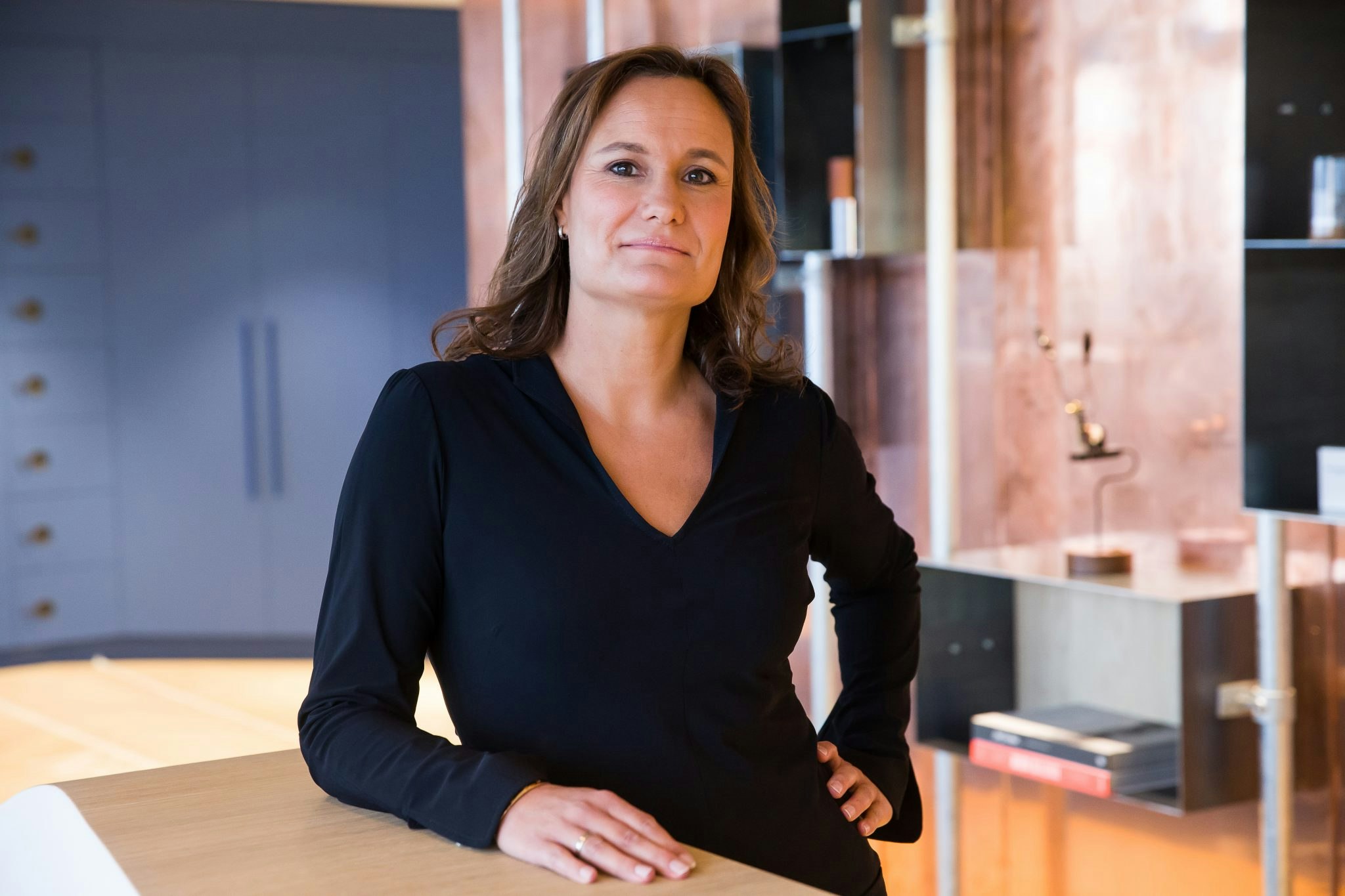The process of booking something via email, phone or in person is already an antiquated idea to most. But that’s exactly what people needing to book sports facilities like tennis courts and football pitches have had to do until recently.
Enter Pitchbooking, a startup that provides scheduling and payment solutions to sports facilities. Founded in 2018, the Belfast-based company has already signed up more than 1k facilities in England and Northern Ireland — and has just taken on its first US-based customer.
Sifted spoke to cofounder and COO Fearghal Campbell about how Pitchbooking works, and how Belfast’s close-knit startup community helped him leave his day job to found the startup.
Digitised bookings
Founded by lifelong friends Shea O’Hagan, Chris McCann and Fearghal Campbell, Pitchbooking was born out of frustration at how time consuming it was trying to book a football pitch in Belfast.
“We couldn’t understand why it was commonplace for restaurants, holiday homes and car rentals to be booked online, but local sports facilities required any combination of phone calls, emails and enquiry forms,” says Campbell.
“Pitchbooking lets members of the public search, book and pay for sports facilities in under 60 seconds. We digitise the entire process and provide instant confirmation,” he told Sifted.
Pitchbooking lets members of the public search, book and pay for sports facilities in under 60 seconds.

The public are Pitchbooking’s end users, but their main customers are sports facility managers who sign up on a subscription basis. As well as online booking for football, tennis, rugby and cricket facilities, users also get access to an analytics dashboard that allows them to see data on bookings; cancel or refund customers and set custom pricing and availability.
It’s this flexibility that Campbell says sets Pitchbooking apart from other booking software: “Sports facilities have a lot of intricacies that simply aren’t catered for by other off the shelf booking platforms.
"Things like age-specific group bookings, or the ability to split a football pitch into a third or a half for bookings, are things that our platform’s logic can handle but others can’t,” he says.
Although Campbell says Pitchbooking’s platform suits any size of facility, the startup has focused growth on two types of customers: city councils, of which they’ve signed up six in England and three in Northern Ireland; and private commercial centres like their partnership with Goals Soccer Centres, which has added 50 new UK locations to the startup’s roster.
While the pandemic did stall its growth as sports centres shut during lockdown, it gave the Pitchbooking team an opportunity to refine their sales message as the general public became more comfortable with cashless transactions and booking online. The growth in video conferencing also widened their customer base, allowing them to pitch to organisations remotely. Earlier this year, Pitchbooking onboarded its first international customer in the US and has just hired its first salesperson, Campbell says.
Belfast’s startup ecosystem
Pitchbooking started life in Belfast and still operates out of Ormeau Baths, a coworking space in the centre of the city that’s home to several other tech startups and organisations, like Tech Nation’s Belfast office and independent TV production company Hat Trick. The city has a fast-growing startup scene, attracting companies from both Northern Ireland and beyond — but it still has the benefits of a small community.
“Belfast has a close-knit feel and you’re never more than one degree of separation from the person you want to speak with. However, we’ve noticed more and more early-stage focused workspaces housing startups from outside of Northern Ireland, like Ormeau Baths, Ulsterbank Accelerator Hub and Catalyst Fintech Hub,” says Campbell.
Belfast has a close-knit feel and you’re never more than one degree of separation from the person you want to speak with.
Pitchbooking raised £250k in a 2019 seed round led by Belfast-based Aurient Ltd, and has also benefited from founder support available in the city after completing Ignite NI’s pre-accelerator and accelerator programmes which offer mentoring, investor lunches and office space.
“It was perfect for us. The pre-accelerator offered £15k to help you leave your day job and give it a go, as well as support around meeting other startups in a similar situation. The accelerator was then more focused around helping us find further investment and funding rounds,” he says.
Pitchbooking also benefited from external support, having been selected as part of Google for Startups UK Immersion cohort. The 12-week virtual programme connected Campbell and his fellow founders to mentors who helped them work through business challenges, while also widening their network across the UK.
"We joined the Google for Startups programme at a critical time for the business,” says Campbell. “The mentorship and guidance helped us navigate a difficult year for everyone in the sports and leisure industry and ensured that we could come into 2021 with the ability to capitalise on the growing demand for our solution. The move to online booking, cashless transactions and remote access for sports facilities is clear to see.”
The mentorship and guidance helped us navigate a difficult year for everyone in the sports and leisure industry.
Campbell also wishes the startup had been more aware of available local support in its early days, referring to himself and his fellow founders as ‘very green’. He believes it’s important for startups to investigate the help available upon founding.
“Get involved with your local ecosystem from day one. We actually left quite a few opportunities for support behind us because we didn’t know they were there. It’s important to be proactive and believe in your product — if you don’t ask, you don’t get,” he says.
This is the fourth article in our ‘Local Heroes’ series, where we explore ecosystems and startup communities outside of London through the eyes of founders. You can read the first in our series here, which is about how Edinburgh’s Neatebox builds apps to help disabled people live independently. Read the second article in the series here, which is about how Yorkshire-based Logically uses AI to track disinformation, and read our third article here, about how Norwich’s Developing Experts is helping to close the UK STEM gap.
Find out more about the Google for Startups UK Immersion programme and startups here.



